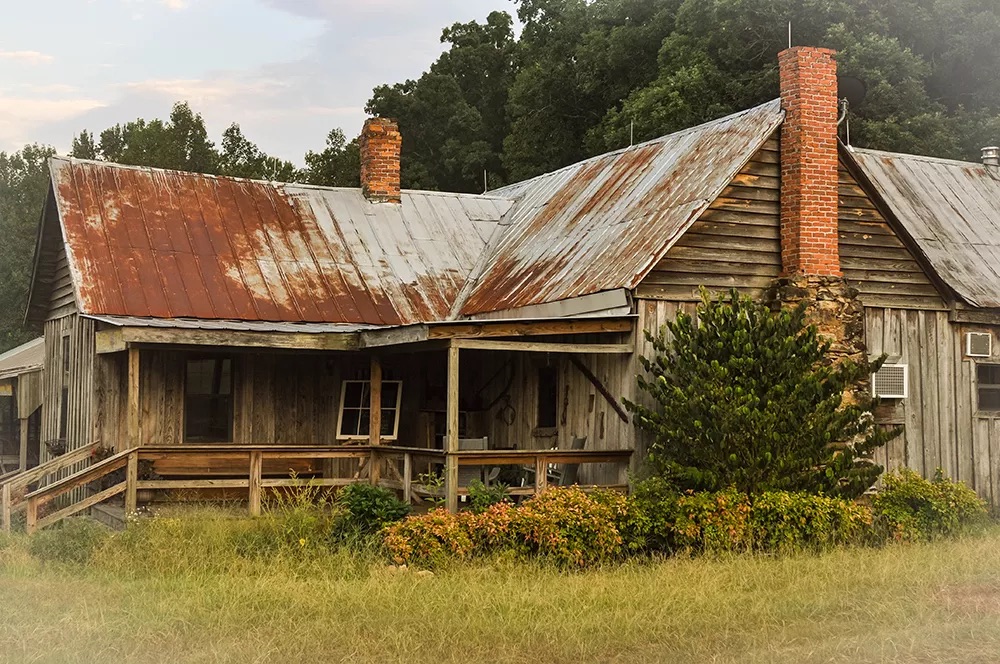Willson Center receives NEH grant for Putnam County history and literature project

Nicholas Allen, Franklin Professor of English and Willson Center director, has secured a grant from the National Endowment of the Humanities to support “Remus, Celie, and Me: Preserving and Presenting the History and Life behind the Literature of Putnam County,” an academic and community initiative in partnership with the Putnam County Charter School District, the Georgia Virtual History Project, and the Georgia Writers Museum. The initiative will be guided by Christopher Lawton, director of experiential learning for Putnam County Schools and director of the GVHP.
According to the project’s abstract,
Putnam County is where both Joel Chandler Harris and Alice Walker were born to learn hard lessons about the world around them, a world they changed in literature. Our project is part of an embedded commitment to involve the larger community in telling its own stories, both as context for, and document of, this crucial American literary landscape. The grant will allow us to plan, promote, stage and share a day of local history programming in fall 2017, with an exhibition and website.
The local history day event will include stations for scanning documents and photographs, recording oral histories, listening to local music and public readings from selected pieces specifically relating to Putnam County by Joel Chandler Harris and Alice Walker, as well as talks by local history scholars and a preview of one short segment of a local history play being produced in conjunction with this larger project.
Lawton said the grant offers an opportunity “to continue an innovative collaboration between the Willson Center and the Putnam County Charter School System, its students, and the community it supports.
“We’re thrilled that the NEH supports our belief that the humanities can thrive outside of the classroom and away from campus, even far into rural Georgia,” Lawton said.
Common Heritage – the NEH grant program that will aid the Putnam County project – is intended to “support both the digitization of cultural heritage materials and the organization of public programming at community events that explore these materials as a window on a community’s history and culture.”
